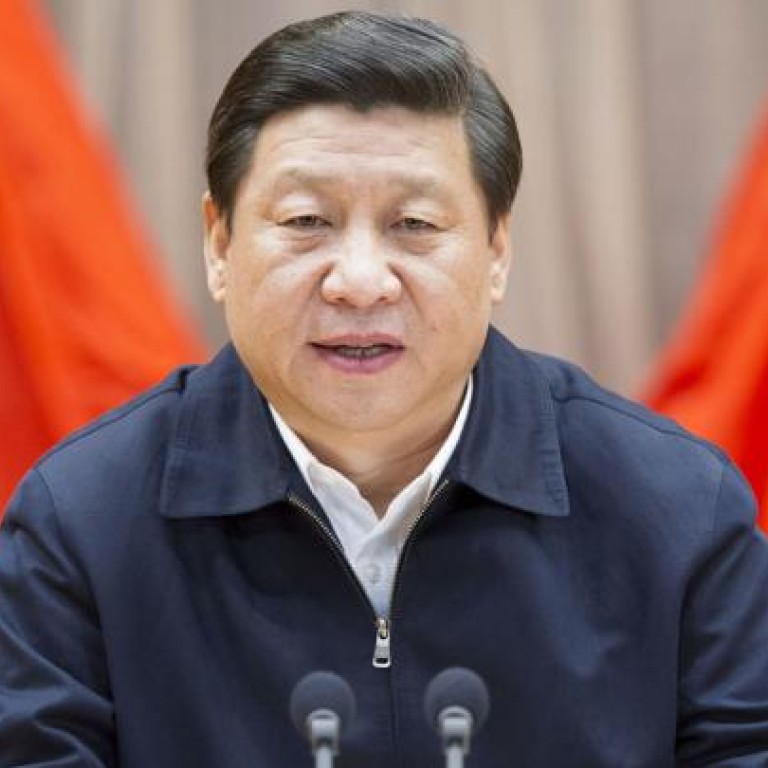
Xi Jinping endorses Deng Xiaoping's party mantra
Leader urges party to adhere to reformer's philosophy of 'socialism with Chinese characteristics' but gives credit to achievements of Mao Zedong
Communist Party general secretary Xi Jinping yesterday called on newly elected senior party members to adhere to "socialism with Chinese characteristics". Since Xi took over as leader there have been growing calls for wide-ranging reforms.
Although analysts cautioned that it was too early to know what role reform will play in Xi's administration, his affirmation of the key party doctrine comes at a sensitive time when he is trying to consolidate his own political power.
Since Xi took the helm in November, the leadership has unveiled a series of initiatives, including orders to officials to cut pomp and shorten speeches.
Meanwhile, scores of officials, including a deputy provincial party secretary in Sichuan, have been swept up in corruption investigations.
At the same, the country has also seen signs of tightening controls on information, including stricter internet rules and a row over propaganda authorities' interference in the reputable
Speaking at a Central Party School seminar for newly elected members of the party's Central Committee, Xi highlighted the importance of sticking to "socialism with Chinese characteristics" - the doctrine late paramount leader Deng Xiaoping came up with to advance economic reform three decades ago.
"Which path we take will determine the fate of the party," Xi said, according to Xinhua. "Socialism with Chinese characteristics is the only route that must be taken."
While Xi said party members should deepen the process of reform and opening up, he gave credit to the party's leadership before the reforms began in the late 1970s, including Mao Zedong . "People cannot deny what was done before the reform and opening-up based on what happened after it, and vice versa," he said.
Zhang Lifan, a political analyst formerly with the Chinese Academy of Social Sciences, said it was too early to expect any "outspoken and bold political comments" from Xi.
"We had better not take too seriously anything Xi says before March's National People's Congress," Zhang said, referring to the gathering when most top government positions will be finalised, including Xi's ascent to the nation's presidency. "Xi's current top priority should be seeking a balance between the reformers and conservatives in a bid to consolidate his power," he said.
City University political science Professor Joseph Cheng Yu-shek said he had no doubt about Xi's determination to fight corruption and improve the economic structure, but did not expect he would ever tolerate a challenge to the party's rule.
"This [statement] is typical of the style of Deng Xiaoping: don't argue - you can't challenge the party's monopoly on political power," he said.

